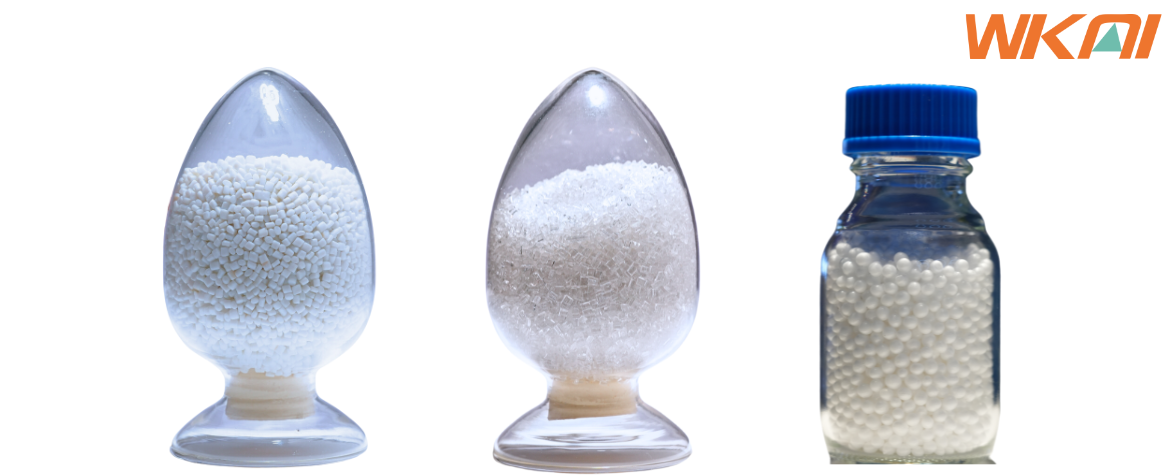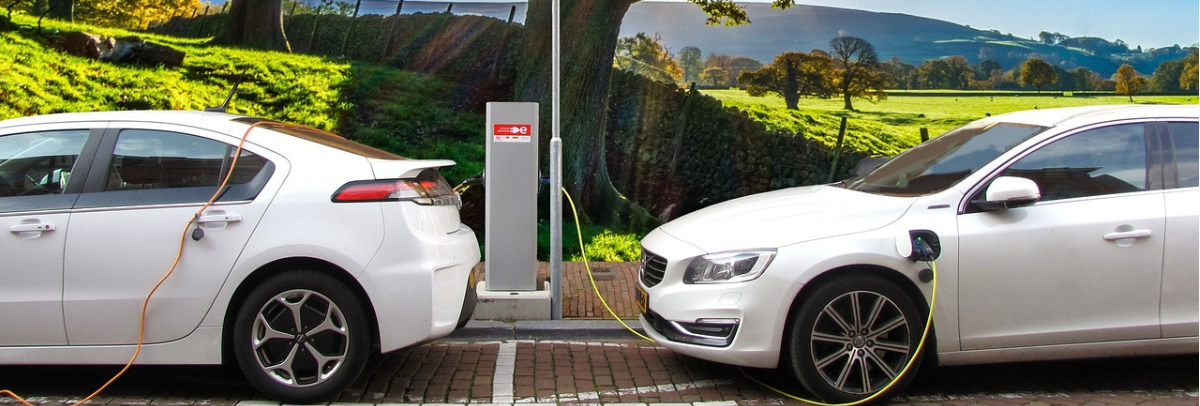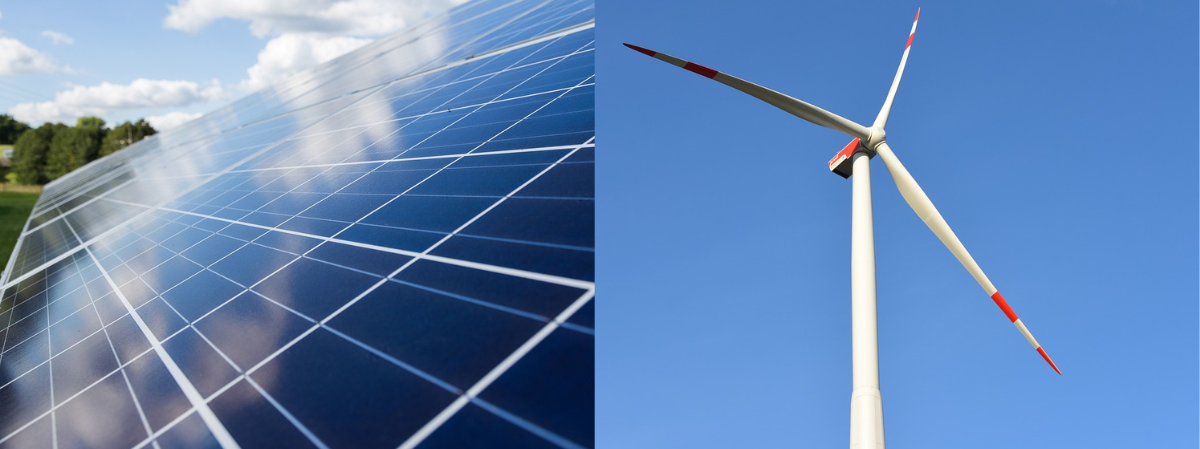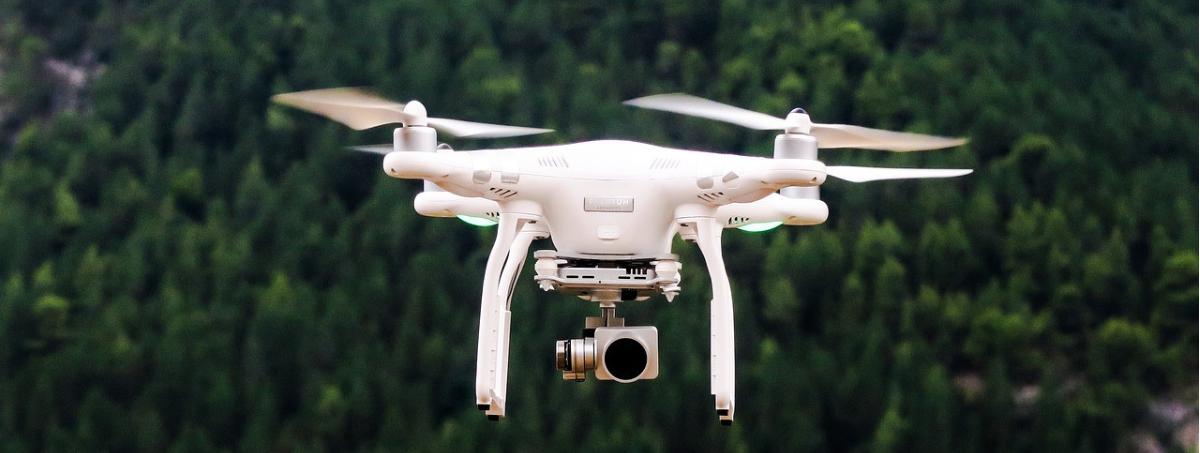
PET Plastics: The Unsung Hero of Sustainability in EVs, Renewable Energy and Low-Altitude Economy
1. Lightweighting in Electric Vehicles: Enhancing Energy Efficiency and Range
Electric vehicles (EVs), powered by clean energy sources like electricity, are rapidly advancing, distinguishing themselves from petroleum-powered cars.
PET plastics, with their low density, high strength, and excellent impact resistance, have become the ideal lightweight material for EVs.Compared to traditional metals, PET plastics effectively reduce vehicle weight while maintaining structural integrity, improving energy efficiency, and extending range. PET's applications in EV manufacturing are extensive, particularly in body shells, interiors, and lightweight battery enclosures.
A lightweight body significantly reduces energy consumption by the electric motor, enabling the battery to deliver power more efficiently. This boosts overall energy efficiency and enhances vehicle range. Additionally, lightweighting reduces braking system energy consumption, improves braking efficiency, and decreases friction and air resistance, optimizing power management and further extending driving range.
Furthermore, PET’s outstanding corrosion and weather resistance make it ideal for EVs in diverse climates, ensuring long-term durability and performance stability.
Tesla's Model 3, for example, incorporates lightweight materials to optimize energy efficiency and extend range. BMW’s i3 emphasizes sustainable design by using composite materials and PET plastics to reduce vehicle weight. BYD's Tang EV also uses PET materials, particularly in interiors and battery enclosures, to enhance vehicle performance and efficiency.
Wankai New Materials, a leading PET resin manufacturer, is investing in the development of heat-resistant copolyesters, further exploring the potential of PET-based plastics in the home appliance and automotive industries.
2. Efficient Renewable Energy Application: Advancing Green Energy Solutions
In the renewable energy sector, PET plastics are playing a crucial role in enhancing efficiency and sustainability. As an eco-friendly material, PET is widely used in solar panels, wind turbines, and other renewable energy devices.
In the photovoltaic (PV) industry, PET-based films have become essential in the sandwich structure of solar panels. BoPET films provide exceptional transparency, weather resistance, and corrosion protection, shielding the solar panels from UV rays, moisture, and extreme temperatures. These films also offer excellent mechanical strength and electrical insulation, ensuring stable and efficient long-term performance. As a result, PET significantly improves solar panel efficiency while extending their lifespan.
In wind energy, PET composites are used in key components like wind turbine blades. The superior strength, toughness, and weather resistance of PET enhance the durability and fatigue resistance of blades, ensuring reliable operation in harsh weather conditions. Additionally, the lightweight nature of PET reduces overall system weight, boosting energy conversion efficiency and optimizing wind power generation.
Leading companies like First Solar and LONGi Solar use PET-based BoPET films to improve the performance and durability of their solar modules. In wind energy, Siemens Gamesa and GE Renewable Energy are incorporating PET composites to enhance the strength and fatigue resistance of large wind turbine blades.
In response to the global shift towards sustainable energy, Wankai New Materials has successfully developed PET resin solutions for solar panels and is exploring further applications in wind turbine components, contributing to the green transition.
3. Developing Low-Altitude Economy: Supporting Urban Air Mobility with PET Materials
The low-altitude economy, encompassing drones, urban air mobility (UAM), low-altitude tourism, and logistics, is rapidly growing. As these sectors expand, they create new opportunities for innovation in transportation.
PET plastics, known for their light weight, high strength, excellent processing capabilities, and recyclability, are becoming essential materials in this space. PET is widely used in key components of drones and UAM vehicles, such as fuselage structures, power systems, and outer shells. By reducing weight, PET enhances flight efficiency and extends battery life. Its structural strength and durability ensure resilience in demanding environments. Additionally, PET’s eco-friendly properties support sustainable, low-carbon mobility solutions.
PET foam, with its lightweight and recyclable features, is also gaining traction, especially in drone manufacturing. Leading companies like DJI, Volocopter, and Lilium are adopting PET materials to improve flight performance and range. In China, Shanghai is actively advancing UAM and drone logistics.
Wankai New Materials Co., Ltd. has developed innovative foamed PET solutions, offering lightweight, sustainable material options to support the growth of the low-altitude economy.
Conclusion
By supporting electric vehicle lightweighting, enhancing renewable energy efficiency, and fostering low-altitude economic growth, PET is becoming an integral part of modern industrial ecosystems. It is making a significant contribution to the global green transition and the achievement of sustainability goals. As technology advances and industry demand grows, the application potential of PET plastics in these sectors will continue to expand, further solidifying their role in shaping a sustainable future.




